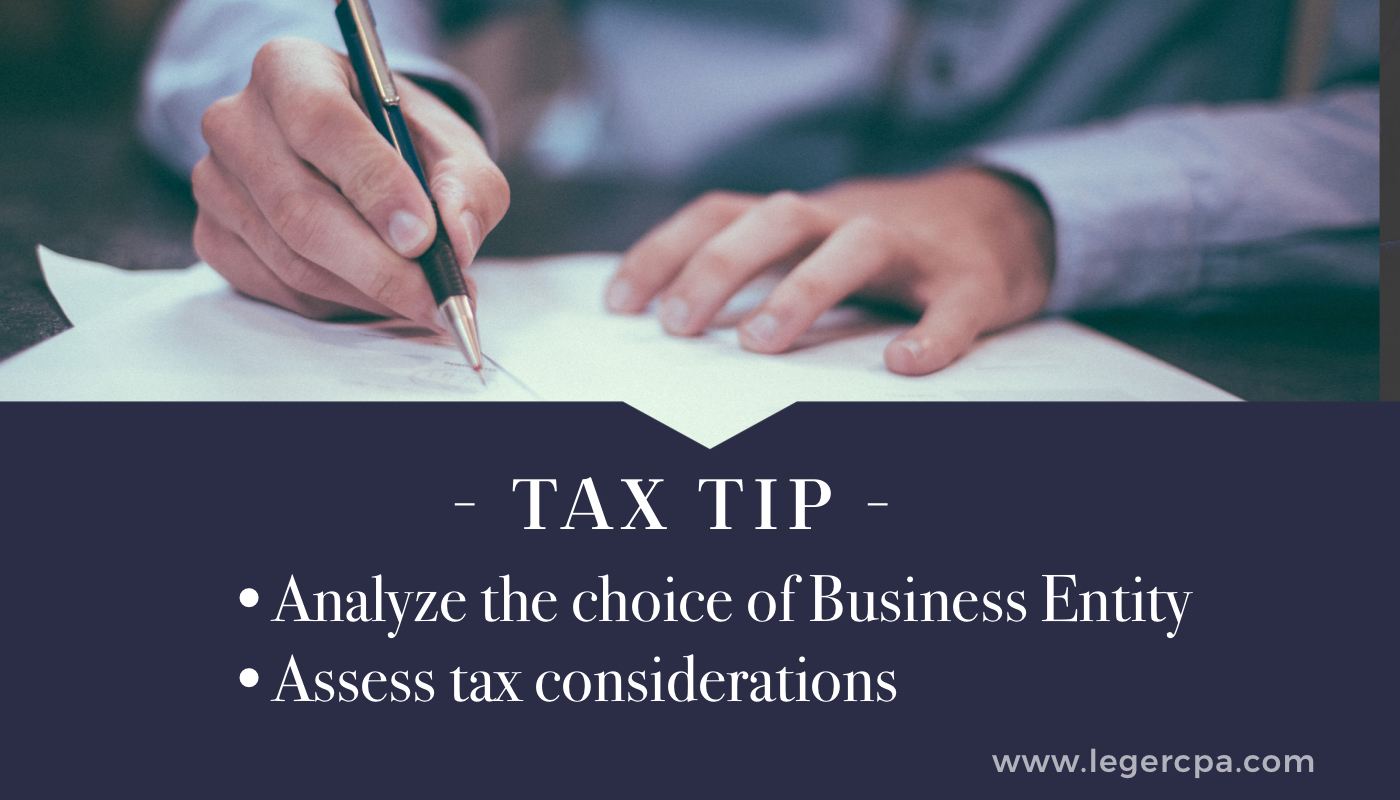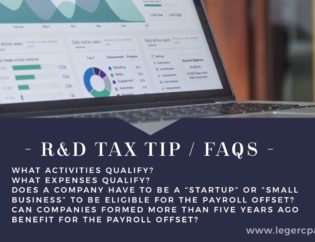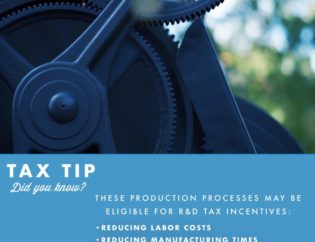
There are four different types of business structures for businesses. Sole proprietorship, partnership (Limited liability company –LLC), S corporation and C corporation The primary considerations for determining the appropriate business structure are taxation and liability. These business structure choices affect not only how you pay taxes, but also how profits can be allocated among the owners, how losses can be deducted, reporting requirements and more.
Analyzing the Choice of Business Entity
The most common and simplest form of business is a sole proprietorship. An individual proprietor owns and manages the business and is responsible for all transactions. The owner is also responsible for all debts and liabilities. A sole proprietor can own the business for any duration of time and sell it when he or she sees fit. In this type of business, there are no specific business taxes paid by the company. The owner pays taxes on income from the business as part of personal income tax payments. Unlike a sole proprietorship, a partnership is considered as separate from the partners for the purposes of computing income and deductions.
Because most entrepreneurs seek an entity that will generally shield them from personal liability for the debts of the business, the choice is almost always between a C Corporation, S Corporation or limited liability company. There are basically two categories of considerations — tax and non-tax, and while the determination is largely tax driven, there are significant non-tax factors as well.
Tax Considerations
Any decision on whether to start a company either as a C corporation or an S corporation should involve a tax professional who can help you assess your individual needs. The structure is essentially the same: a separate legal entity that has limited liability and is owned by shareholders (rather than an individual).
What differentiates the two types are the tax implications. Profits from C corporations are basically taxed twice, since the corporation first pays tax on its income, then the shareholders pay income tax on the dividends from their company stock. S corporation net profits, on the other hand, are taxed only when they make it to the stockholder. As a pass-through entity, an S corporation passes corporate income, losses, deductions and credits to its shareholders for federal tax purposes.
Our team provides businesses information needed to make informed decisions about setting up business entities and helping you assess your tax implications once you have. Call us for an assessment.
Ron Leger is a Massachusetts based CPA who specializes in the R&D Tax credit and taxes for businesses, individuals, trusts and tax exempt organizations. Contact us today!










